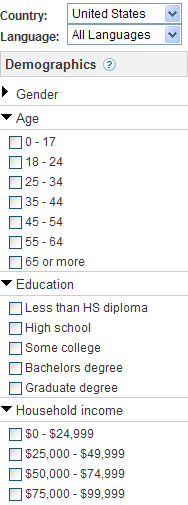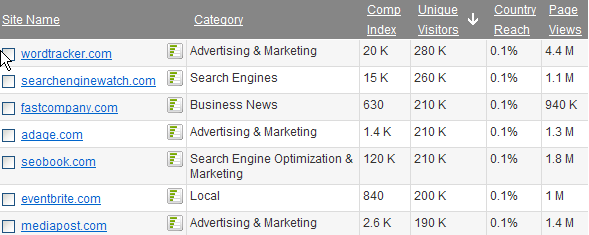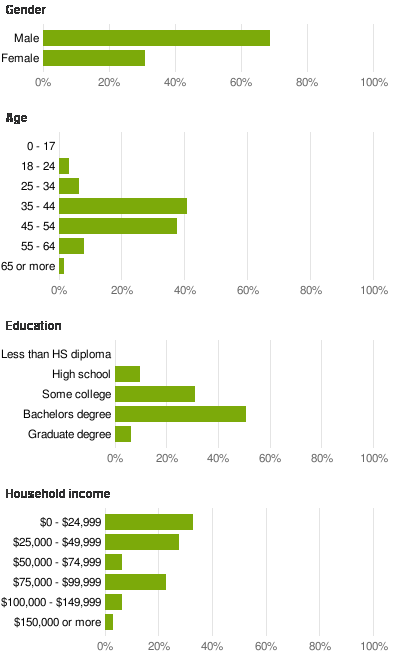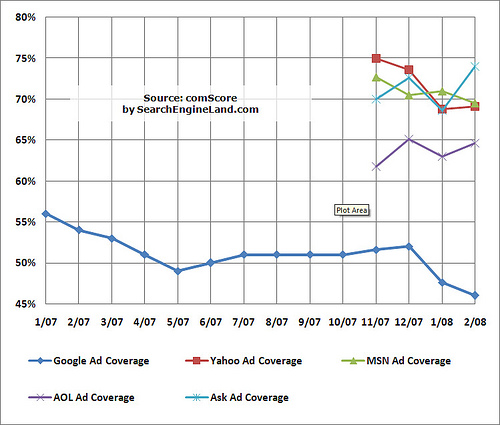This giving away a fully functional, leave on your server, analytic software started with a hosted program called tracking 202. I guess the fact that tracking 202 was hosted caused a bit of confusion at one of the marketing forums. It really sucks to create tools from your own pocket and then get accused of potentially stealing keywords.
That’s when Wesley Mahler, CEO of prosper 202, listened to his user-base feedback and immediately developed a free self hosted analytics software. I liked tracking 202 because it’s easier to set up. However, after playing with the self hosted program on Wesley’s Mac, I was instantly sold on the product. The weird thing is that the product is free. You can download here. This is not mandatory but if you like the product you can help out by donating here.
Aaron did this something similar to this two years ago by creating an entire suite of search marketing tools and not charge a penny for it. I honestly feel that our seo tools and prosper 202 are better than some of paid and expensive products in the market.
Take advantage of these tools. They will save you time, money and help you gather the right data so that you make more.








